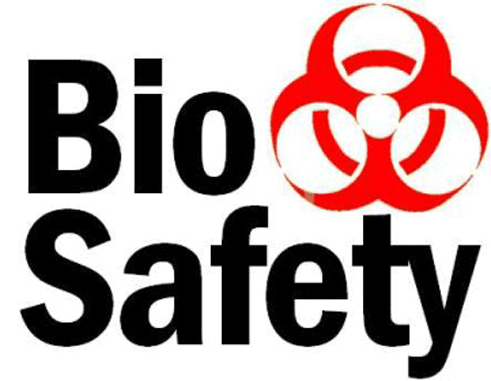PORT OF SPAIN, Trinidad, Nov 7, CMC – The Trinidad-based Caribbean Public Health Agency (CARPHA) will implement a multi-million dollar programme aimed at assisting eight Caribbean countries update their National Implementation Plans (NIPs) as it relates to the exposure of toxic chemicals.
“The execution of this project will help strengthen the capacities of member states to better manage hazardous chemicals with a view to implementing environmentally sound mechanisms for the storage, abandonment of use, identification of alternatives to use and final disposal/destruction of these types of chemicals,” said CARPHA executive director Dr. James Hospedales.
The eight Caribbean countries to benefit from the eight million US dollar project are Antigua and Barbuda, Barbados, Belize, St. Kitts and Nevis, St. Lucia, St. Vincent and the Grenadines, Suriname and Trinidad and Tobago.
Director of the Basel Convention Regional Centre for Training and Technology Transfer for the Caribbean (BCRC-Caribbean), Dr. Ahmad Khan, said that some pesticides, cleaning agents and industrial chemicals contain hazardous properties, which can cause cancer, developmental delays, dysfunction of the reproductive organs and reduce immunity.
He explained that one particular group of these toxic chemicals is referred to as Persistent Organic Pollutants (POPS) and that exposure to POPS can be through direct contact with the chemicals, consumption of contaminated foods or environmental exposure. He said because of this, it was imperative for the Caribbean to make the management of toxic chemicals to protect human health and the environment a priority.
As a result, BCRC-Caribbean, in collaboration with the United Nations Industrial Development Organization (UNIDO), prepared a project document outlining the work required to strengthen the capacity of Caribbean countries to manage POPS.











![.[L-R] Parliamentary Representative for Castries Southeast, Lisa Jawahir & Talk show host, Timothy Poleon](https://thevoiceslu.com/wp-content/uploads/2026/02/Lisa-Jawahir-Timothy-Poleon-380x250.jpg)
![Public Service and Utilities Minister Stephenson King delivered remarks [Photo credit: VP]](https://thevoiceslu.com/wp-content/uploads/2026/02/Stephenson-King-380x250.jpg)

